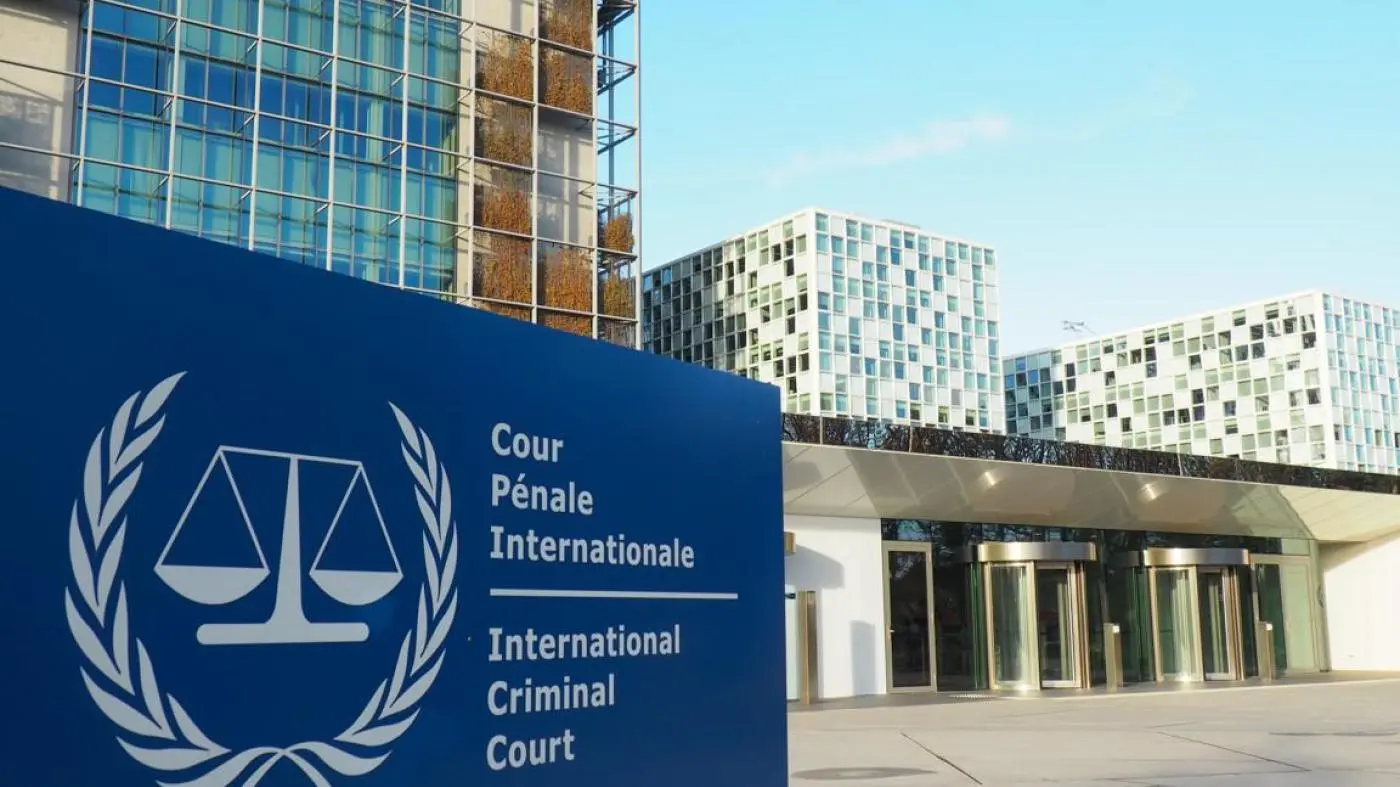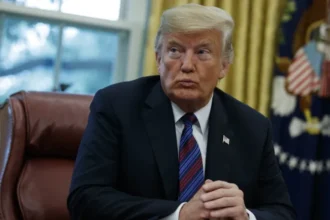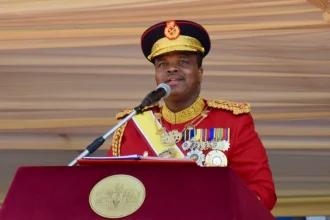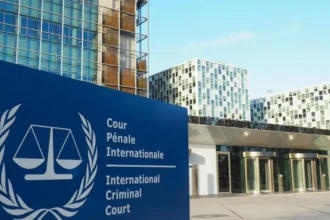The International Criminal Court (ICC) has issued arrest warrants for Israeli Prime Minister Benjamin Netanyahu and former Defense Minister Yoav Gallant. Both are accused of war crimes and crimes against humanity in Gaza, including the use of starvation as a weapon of war, murder, and persecution.
Additionally, the ICC has charged Hamas leader Ibrahim al-Masri, also known as Mohammed Deif, with war crimes and crimes against humanity tied to the group’s attacks on Israel on October 7, 2023.
ICC Jurisdiction and Israel’s Challenge
The ICC rejected Israel’s jurisdictional challenge, citing the Palestinian territories’ recognition of the court under the Rome Statute. While Israel is not a party to the ICC, the court asserts its authority in territories where crimes are alleged, including Gaza and the West Bank.
An arrest warrant does not equate to a conviction but signals that accusations against an individual warrant further investigation. The ICC lacks enforcement powers, making actual arrests unlikely without cooperation from ICC signatories or international pressure.
Implications for Netanyahu and Gallant
The warrants restrict Netanyahu’s and Gallant’s ability to travel, as ICC member states are obligated to arrest and extradite individuals with outstanding warrants. This parallels the travel limitations faced by Russian President Vladimir Putin following an ICC warrant issued for his alleged involvement in the abduction of Ukrainian children.
Hamas and ICC Investigations
Hamas leader Ibrahim al-Masri is accused of crimes including murder, torture, and hostage-taking during the October 7 attacks that killed over 1,200 people in Israel. Arrest warrants against former Hamas leaders Yahya Sinwar and Ismael Haniyeh were withdrawn after Israeli forces confirmed their deaths.
Broader Legal Context
The ICC’s investigation into war crimes and crimes against humanity in Gaza operates alongside separate proceedings at the International Court of Justice (ICJ). The ICJ, which deals with disputes between states, is examining allegations of genocide against Israel, spearheaded by countries like South Africa.
While the ICC focuses on individuals, the ICJ addresses state accountability. In January, the ICJ recognized the risk of genocide in Gaza and ordered provisional measures, including allowing humanitarian aid into the region.
Conclusion
The ICC’s actions underscore international scrutiny of the ongoing Israel-Gaza conflict. While the warrants may not lead to immediate arrests, they signal growing global accountability efforts amidst calls for justice for victims of war crimes on both sides.












